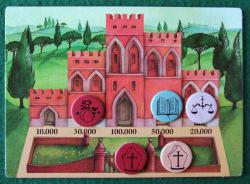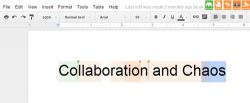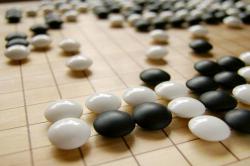
Earlier this semester I wrote a post which ruminated on the pedagogic possibilities of Google Docs. I’ve been experimenting with the platform for about a year now and have found the possibilities vast but the actual activities mostly chaotic. Of course, classrooms need a little chaos, and it’s often an environment worth courting. (For more on that first experience, you can check out my earlier post here).






